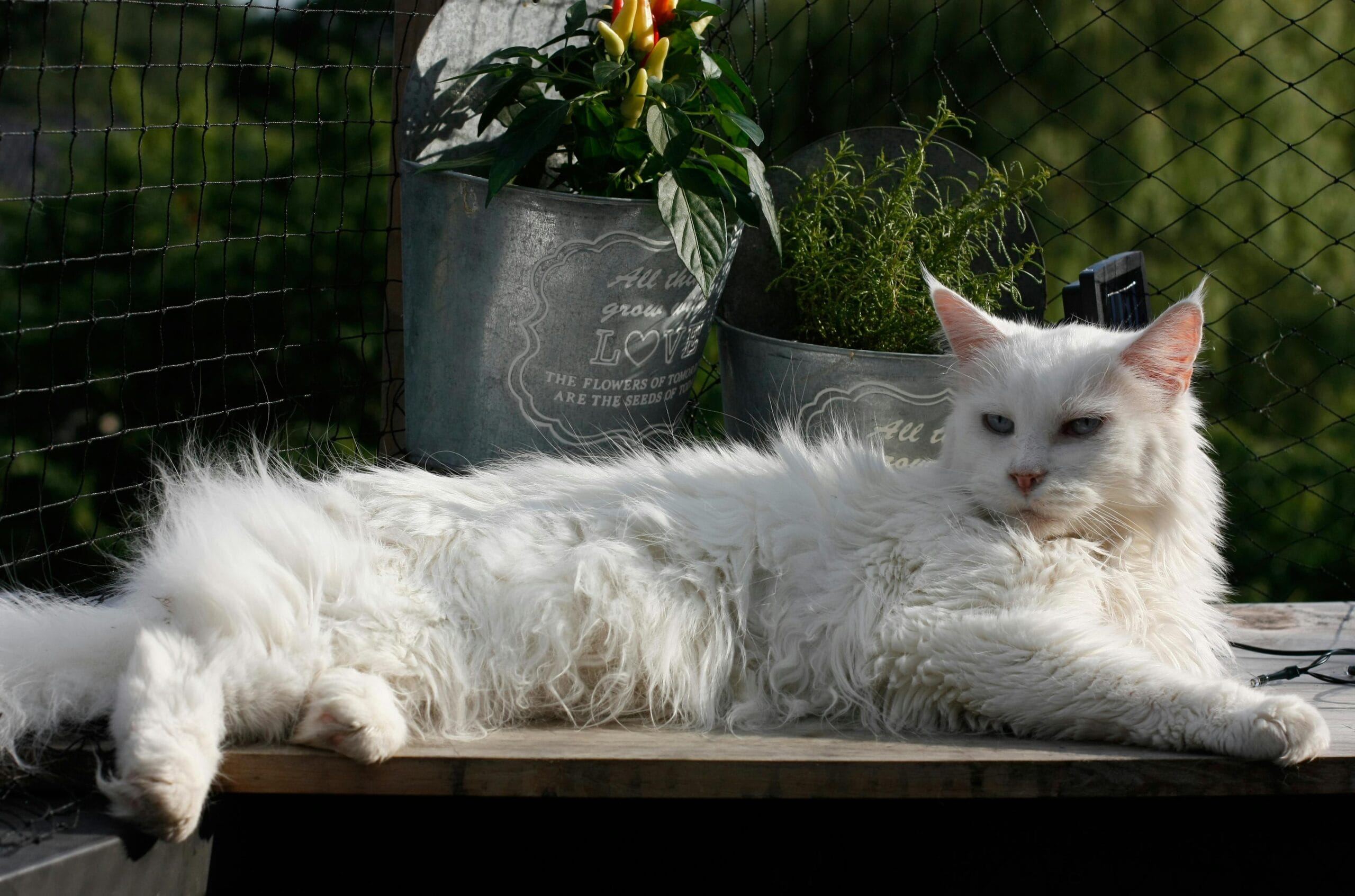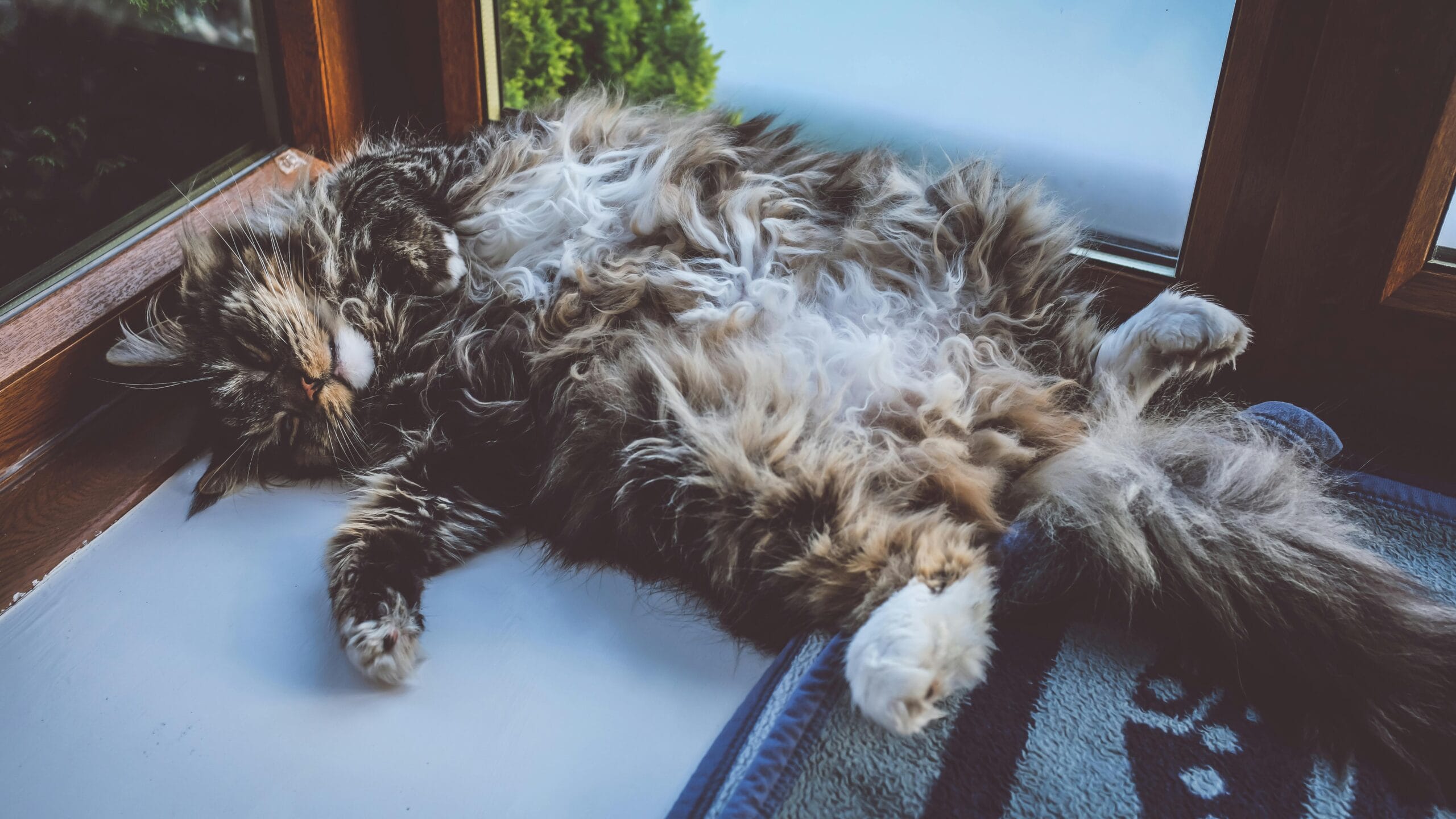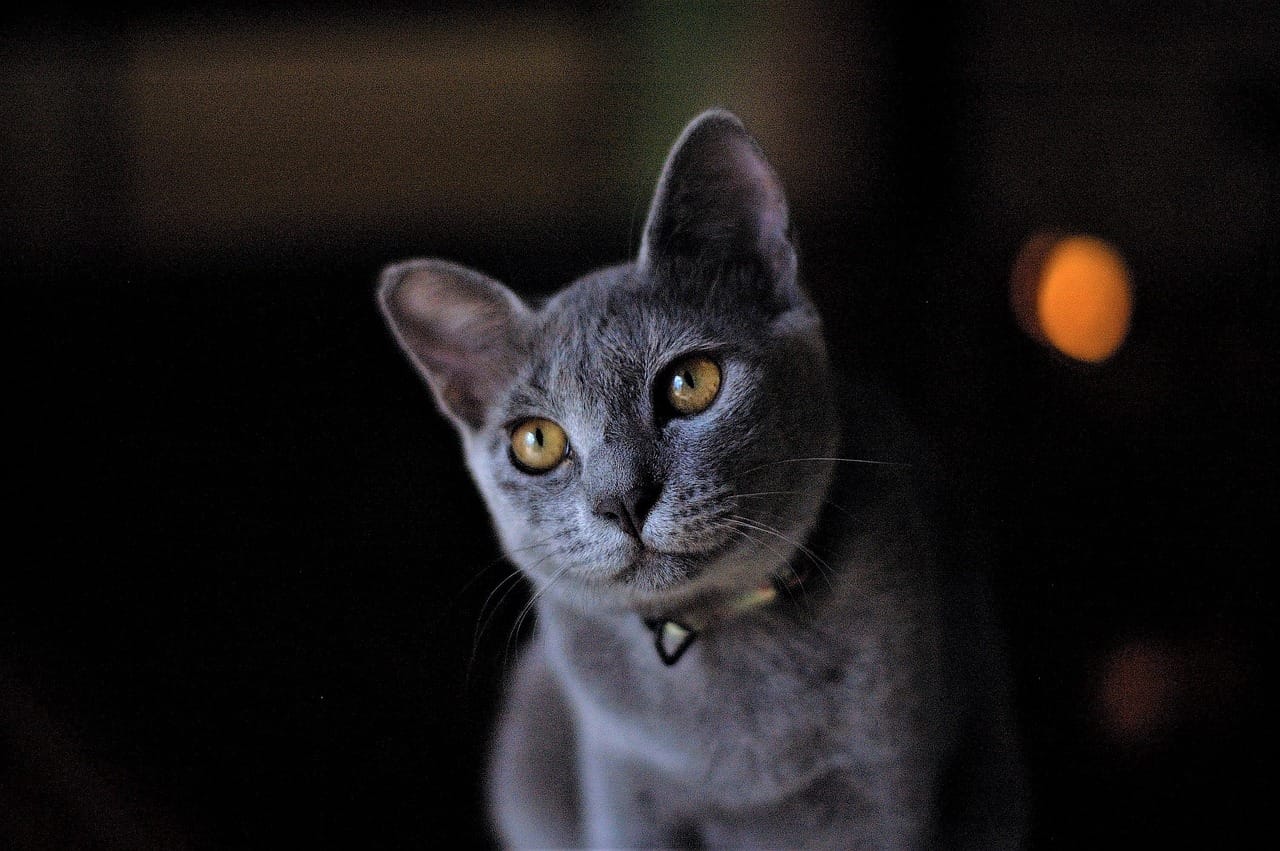Why Do Cats Hiss At Kittens ?

Why do cats hiss at kittens? Understand cat hissing behavior! Learn why kittens hiss at cats & discover the reasons behind this feline communication. Get expert insights now! #CatHissing #KittenHissing #Cats
Why Do Cats Hiss At Kittens? Understanding Feline Communication
Have you ever witnessed a seemingly peaceful feline family scene suddenly erupt into a hiss? Seeing a cat hiss at a kitten, or vice versa, can be alarming. While it might seem cruel, hissing is a crucial part of feline communication. Understanding why do cats hiss at kittens is key to fostering a harmonious environment for your multi-cat household. This comprehensive guide will delve into the reasons behind this behavior, examining various scenarios and providing solutions to alleviate potential conflict.
Deciphering the Hiss: Understanding Feline Body Language
Before we explore the specifics of cat hissing at kitten situations, it’s crucial to understand the broader context of feline body language. Hissing, a forceful expulsion of air through the mouth, is a clear warning signal. It indicates that a cat feels threatened, uncomfortable, or stressed. The hissing sound itself is designed to startle and deter potential aggressors. Unlike a growl, which is often a more low-key warning, a hiss is a stronger, more immediate indication of defensive posturing. Other signs of feline distress might include flattened ears, a puffed-up tail, or arched back.
Understanding these signals is paramount, especially in households with multiple cats. Early recognition can help prevent escalation to more aggressive behaviors like biting or scratching. For a deeper understanding of feline body language, you might find the resources available at ICARE beneficial. Their website provides comprehensive information on a wide array of cat behaviors.
Why Do Cats Hiss At Kittens? Common Scenarios
Now, let’s address the specific question: why do cats hiss at kittens? The reasons can vary considerably, depending on the individual cats’ personalities, past experiences, and the current environment. Here are some common scenarios:
Over-Stimulation and Play Aggression
Kittens, with their boundless energy and playful nature, can sometimes overstimulate even the most patient adult cat. A kitten’s relentless pouncing, batting, or attempts to engage in rough play might be interpreted as a threat by the adult cat. The hiss serves as a way to communicate “stop” and set boundaries. In such cases, the kitten hissing at cat might also be a response to the adult’s overly aggressive play style. This is especially common with mothers who may nip or swat to teach their kittens appropriate play behavior.
Resource Guarding
Adult cats often exhibit resource guarding behavior, protecting their food, water, favorite sleeping spots, or even litter boxes from perceived rivals. A kitten, being small and vulnerable, might inadvertently approach these resources, leading the adult cat to hiss as a warning to keep away. This is a particularly important point to consider when introducing a new kitten into a household with an established cat. Make sure each cat has access to plenty of resources, creating a less competitive environment. Proper resource management can go a long way in preventing such conflict and reducing the instances of cat hissing at kitten.
Fear and Anxiety
Some cats, especially those with a history of trauma or abuse, might exhibit heightened fear and anxiety. Even a playful kitten’s approach might trigger a defensive hiss. This is why careful introduction of new cats is crucial. Allowing the resident cat plenty of safe spaces where it can retreat and avoid interaction with the kitten will help ease anxiety. The ASPCA offers excellent advice on this subject, providing tips for a smooth transition for both cats involved.
Pain or Illness
An underlying medical condition can make a cat more irritable and prone to hissing. Pain, especially in sensitive areas like the abdomen or joints, might make the cat react defensively even to gentle approaches from a kitten. If you notice a change in your cat’s behavior, including an increase in hissing or other signs of distress, it’s important to consult a veterinarian. They can rule out any underlying health problems that might be contributing to the cat hissing at kitten situation.
Territorial Disputes
In multi-cat households, territorial disputes can arise, especially if the cats aren’t properly introduced or socialized. A resident cat might hiss at a kitten to assert its dominance and claim ownership of particular spaces in the house. This is especially pertinent when discussing a kitten hissing at cat; it may be responding aggressively to a perceived threat from the established older cat. Providing ample vertical space using cat trees and shelves helps to provide multiple safe spaces for all cats reducing the feeling of competition for territory.
Addressing Cat Hissing at Kittens: Practical Solutions
Once you’ve identified the cause of the hissing, you can implement appropriate strategies to mitigate the issue and foster a more harmonious environment. Here are some practical tips:
- Gradual Introduction: When introducing a new kitten, utilize a slow and methodical approach. Use separate rooms initially, followed by supervised interactions under close monitoring. This gradual introduction allows the adult cat to acclimate to the kitten’s presence at its own pace.
- Positive Reinforcement: Reward both cats for positive interactions using treats and praise. This helps to build positive associations between the cats.
- Environmental Enrichment: Provide plenty of vertical space, toys, scratching posts, and hiding places to reduce competition for resources and create safe zones for each cat.
- Separate Feeding and Litter Boxes: Avoid placing food and litter boxes in close proximity to prevent resource guarding issues. Providing each cat with their own space in this regard can dramatically improve your multi-cat household harmony.
- Consult a Veterinarian: If you suspect an underlying medical condition or if the hissing persists despite your best efforts, consult a veterinarian to rule out any medical causes and obtain professional advice.
- Professional Cat Behaviorist: In cases of persistent aggression or severe hissing, consider consulting with a certified cat behaviorist. They can provide tailored advice and develop a behavior modification plan to address the specific needs of your cats. For example, The International Association of Animal Behavior Consultants (IAABC) can help you find a qualified professional in your area.
Understanding Kitten Hissing at Cat: A Reverse Perspective
While the focus is often on why an adult cat might hiss at a kitten, it’s important to consider the reverse scenario: kitten hissing at cat. This less frequent behavior can also signal fear, anxiety, or pain, or it could be a result of play-based over-stimulation. A kitten might hiss defensively if it feels cornered, threatened, or overwhelmed by the adult cat’s size or dominance. Remember, kittens are still learning to navigate social interactions, and their hissing might simply be an immature attempt at self-preservation.
Conclusion: Harmonious Coexistence
Understanding why do cats hiss at kittens, as well as why kittens hiss at cats, requires careful observation, empathy, and a willingness to learn feline communication. By paying attention to body language, managing resources effectively, and providing a safe and enriching environment, you can increase the likelihood of harmonious coexistence within your multi-cat household. Remember, patience and persistence are key, and sometimes professional help might be necessary to resolve complex behavioral issues. The key is to create a safe and predictable environment to give your feline friends the best chance to thrive.
Have you had any experiences with cats hissing at kittens or kittens hissing at cats? We would love to hear your stories and learn from your experiences! Please share your comments below, including details on the situations and solutions you found most effective in addressing hissing behaviors in your multi-cat household. Let’s build a community of cat lovers who can share tips and knowledge about feline communication and peaceful coexistence!

10 FAQs: Why Do Cats Hiss at Kittens?
1. Why does my adult cat hiss at my kitten? This is a common occurrence. Adult cats may hiss at kittens for various reasons, including feeling threatened or overwhelmed by the kitten’s playful energy. The hiss is a warning sign – “back off!” – to give the kitten space. It’s not necessarily an indication of aggression, but a way to establish boundaries. Keywords: Cat Hissing at Kitten, Why Do Cats Hiss At Kittens
2. My cat hisses at her own kitten, is this normal? Even a mother cat may hiss at her own kitten if it gets too boisterous, invades her personal space (like while she’s eating or sleeping), or if the kitten is behaving in a way the mother finds irritating. This is a form of maternal discipline. Keywords: Cat Hissing at Kitten, Why Do Cats Hiss At Kittens
3. My kitten hisses at my adult cat. Why? A kitten hissing at an adult cat is less common, but can happen if the kitten feels threatened or frightened by the adult. The kitten might be defending resources (food, toys, sleeping spots) or feeling insecure due to the size difference. Keywords: Kitten Hissing at Cat, Why Do Cats Hiss At Kittens
4. Is hissing at a kitten a sign of aggression? While hissing is a display of aggression, it’s often a warning before actual aggression. It’s a way for the cat to communicate its discomfort or displeasure without resorting to biting or scratching. Keywords: Cat Hissing at Kitten, Why Do Cats Hiss At Kittens
5. How can I stop my cat from hissing at my kitten? Provide plenty of resources for both cats – separate food and water bowls, litter boxes, scratching posts, and sleeping areas. Supervise interactions, and gently separate them if hissing escalates. Creating a calm and comfortable environment is key. Keywords: Cat Hissing at Kitten, Why Do Cats Hiss At Kittens
6. Should I be worried if my cat hisses at my kitten? Mild hissing is usually not a cause for major concern, especially in the early stages of introduction. However, if the hissing is frequent, intense, or accompanied by other aggressive behaviors (swatting, growling), consult a veterinarian or animal behaviorist. Keywords: Cat Hissing at Kitten, Why Do Cats Hiss At Kittens
7. My cat only hisses at my kitten when they are near food. What does this mean? This indicates resource guarding. The adult cat is protecting its food, viewing the kitten as competition. Separate feeding stations can help alleviate this issue. Keywords: Cat Hissing at Kitten, Why Do Cats Hiss At Kittens
8. My kitten hisses when I try to pet it. Is this related to the adult cat? Not necessarily. A kitten might hiss due to fear, pain, or a negative past experience. The presence of the adult cat might heighten its anxiety, but it’s not the sole cause. Keywords: Kitten Hissing at Cat, Why Do Cats Hiss At Kittens
9. Is hissing a sign of illness in cats? While not directly an illness symptom, consistent hissing, especially alongside other behavioral changes or physical signs (lethargy, loss of appetite), could indicate an underlying health problem. Consult a veterinarian to rule out any medical causes. Keywords: Cat Hissing at Kitten, Why Do Cats Hiss At Kittens
10. How can I help my cats get along better to prevent hissing? Slow, gradual introductions are crucial. Use scent swapping (rubbing a cloth on one cat and then the other), followed by supervised visual contact through a barrier, then brief, controlled interactions. Positive reinforcement (treats) during calm interactions helps build positive associations. Keywords: Cat Hissing at Kitten, Why Do Cats Hiss At Kittens

Why Do Cats Hiss at Kittens? Practical Tips and Health Considerations
A mother cat hissing at her kittens might seem alarming, but it’s often a normal part of feline communication. Understanding the reasons behind this behavior is crucial for responsible cat ownership. This guide provides practical tips and health considerations to help you navigate this situation.
Reasons for Hissing:
Over-stimulation/Play Aggression: Kittens can be incredibly energetic. A mother cat may hiss to signal that the kittens are getting too rough during playtime. This is a way of setting boundaries.
Disciplining Kittens: Similar to a parent correcting a child, a mother cat may hiss to reprimand kittens for undesirable behavior, such as excessive nursing or biting.
Protecting Resources: A mother cat will fiercely protect her kittens and resources like food and her sleeping space. Hissing is a warning to keep others away.
Fear or Stress: If the mother cat feels threatened or stressed (due to changes in the environment, illness, or lack of resources), she might hiss at her kittens, inadvertently, as a sign of her own distress.
Pain or Illness: A mother cat experiencing pain (e.g., mastitis, abscess) might be more irritable and prone to hissing, even at her kittens, as she is uncomfortable.
Health Considerations:
Observe the mother cat closely for any signs of illness. This includes lethargy, changes in appetite, unusual discharge, or difficulty moving. If you notice any of these symptoms, consult your veterinarian immediately.
Ensure the mother cat has a safe and quiet space to rest and care for her kittens, free from disturbances. Adequate nutrition and hydration are also vital.
Rule out any underlying medical conditions that might cause increased irritability or aggression. A vet visit can provide a diagnosis and treatment plan if necessary.
Practical Tips:
Provide a quiet environment: Minimize noise and disturbances in the mother cat’s nesting area.
Ensure sufficient resources: Offer ample food, fresh water, and comfortable resting spots.
Avoid handling kittens excessively: Allow the mother cat to care for her kittens without undue interruption.
Supervise interactions: If you need to handle kittens, do so gently and briefly, avoiding actions that might stress the mother cat.
Consult a veterinarian: If hissing persists or is accompanied by other concerning behaviors, seek professional veterinary advice.
SEO Keywords:
cat hissing at kittens, mother cat hissing, kitten aggression, feline behavior, cat health, cat parenting, cat stress, mastitis in cats, cat illness, veterinary advice
1 thought on “Why Do Cats Hiss At Kittens ?”